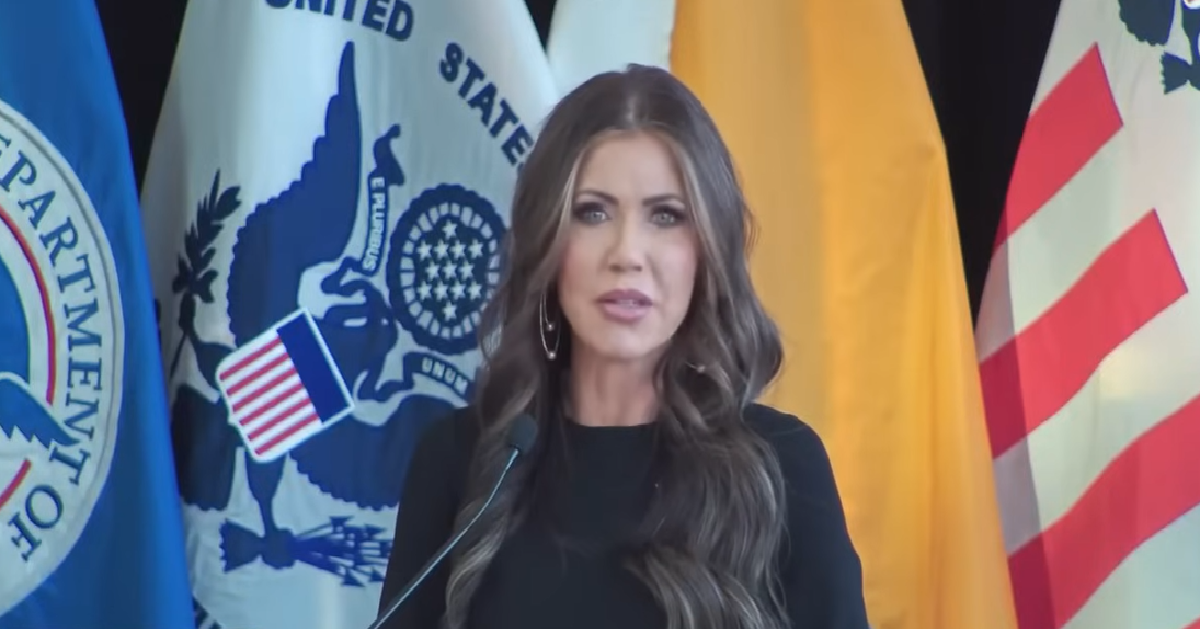Biden makes awkward comments on Angola trip
President Joe Biden is looking frailer by the day. His mental decline was evident during his visit with Angolan president João Lourenço on Tuesday as he had to be led around while making awkward comments.
Lourenço had to point out a step so that Biden wouldn't trip while making his way to the podium at the arrival ceremony.
American reporters wanted to know why Biden decided to pardon his son Hunter and shouted questions after the ceremony.
The awkwardness started when Biden talked about Vice President Kamala Harris.
The comments
"I just got off the phone with the vice president, telling her I'm sorry she's not with me, being here today," he said.
"You know with you and Angola - a vibrant city," Biden said. He then realized his mistake and said, "Look, not the city, the city I know is not Angola - in Angola in a vibrant city."
He gave a speech about slavery--Angola was a major player in the slave trade that delivered thousands of slaves to the U.S. at the beginning of its history.
Of course, Biden took the viewpoint of "critical race theory," calling slavery "America's original sin."
"You don't have to clap for that"
"Ladies and gentlemen, as you know, I'm in the final weeks of my presidency," Biden said as the crowd laughed. "You don't have to clap for that," he said. "You can if you want."
January can't come too soon for the majority of Americans, especially with Biden making dumb moves like letting U.S. long-range missiles be used by Ukraine to strike Russia--a move that some have said could start World War III.
Russia has said that doing so would be a declaration of war by the U.S., but Biden did so last month.
Maybe he was trying to make it harder for President-elect Donald Trump to end the war.
He unilaterally gave Ukraine another three-quarters of a billion dollars even though he's a lame duck and Trump will be trying to end the war as quickly as possible.
Lord only knows how much more damage he can do by January 21.






